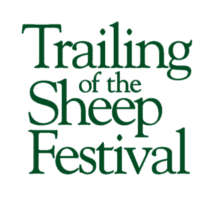Sheep Tales Gathering
The Future of Conservation In A Crowded West
Friday, October 4, 2024
7:00pm
Tickets: $25.00
The Argyros Performing Arts Center
120 South Main Street, Ketchum, Idaho

This year’s storytelling evening’s conversation and panel will focus on the importance of both private and public lands, the critical role of agriculture in conservation and obstacles that landowners face in stewarding these landscapes. Panelists will dive into the world of innovative tools and practices being used by landowners and producers to benefit the habitat they steward and the humans and wildlife that depend on it. The panel will also highlight the idea of stewardship beyond boundaries: the need for all of us - landowners, sportsmen, recreationalists, ranchers, rural and urban residents - to look beyond the boundaries of our land or immediate self-interests. The future of the West is dependent on building healthy landscapes that work for us all.
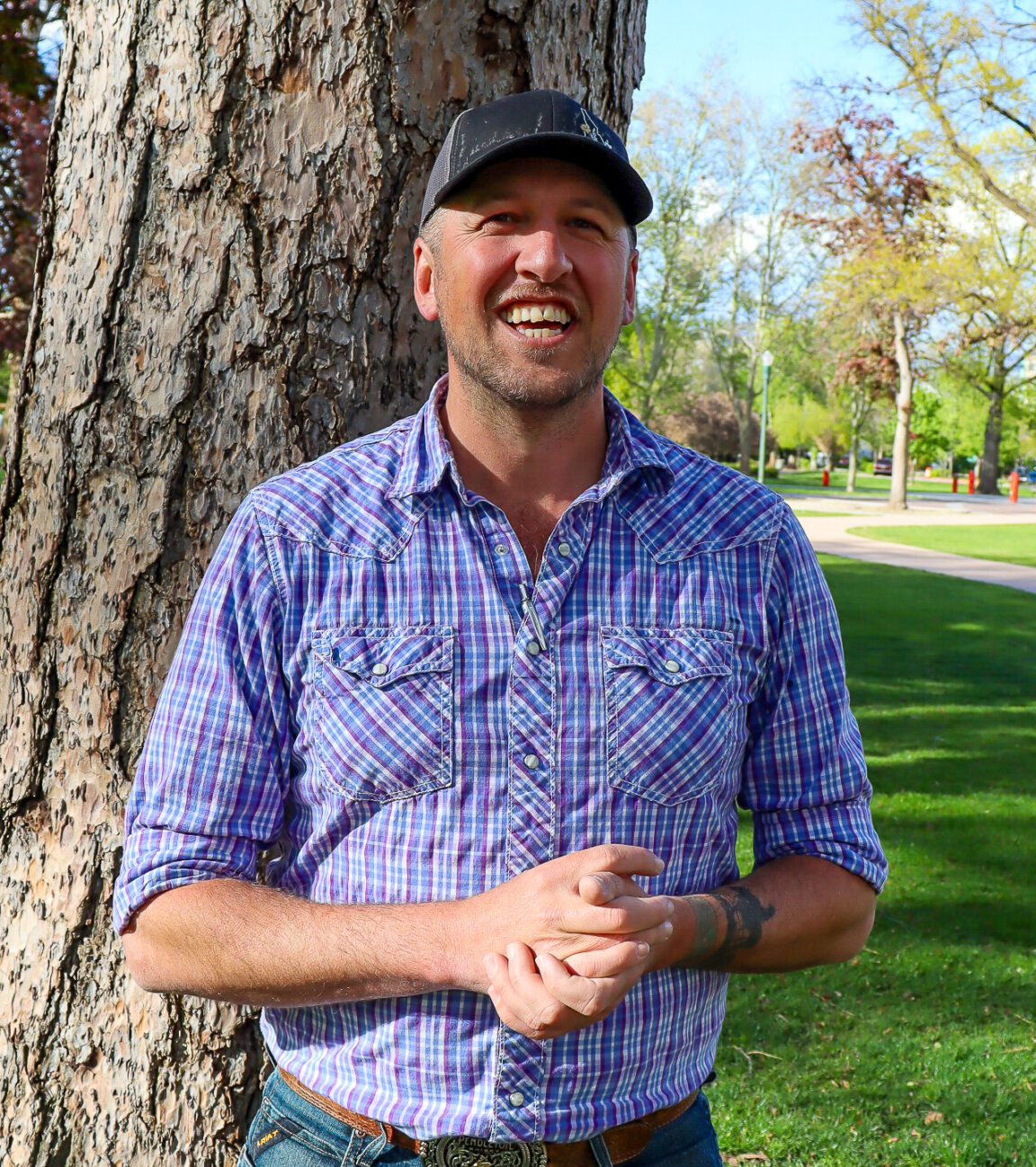
Moderated by:
Dr. Jared Talley, Boise State University Professor in Environmental Science and Governance
Jared L. Talley was born and raised in Southwestern Idaho and now seeks to help rural communities adapt and thrive in a rapidly changing world. He is an Assistant Professor in the School of Public Service at Boise State University, earning his PhD in Philosophy from Michigan State University and his MPA in Environmental Policy and Natural Resource Management from Boise State University. A philosopher by training and an interdisciplinary scholar in practice, he seeks to better understand how communities relate to the land and how this relationship poses obstacles and opportunities for collaboration and governance. In doing so, he studies the role of science in collaborative policy, the role of place in environmental identity, and the role of the imagination in mediating both. Specifically, he studies grazing management and public land permitting, community-led conservation programs, rural education and entrepreneurship, place-based environmental governance, and the imaginative experience of our natural and built environments — all in the contexts of the inter-mountain American West.
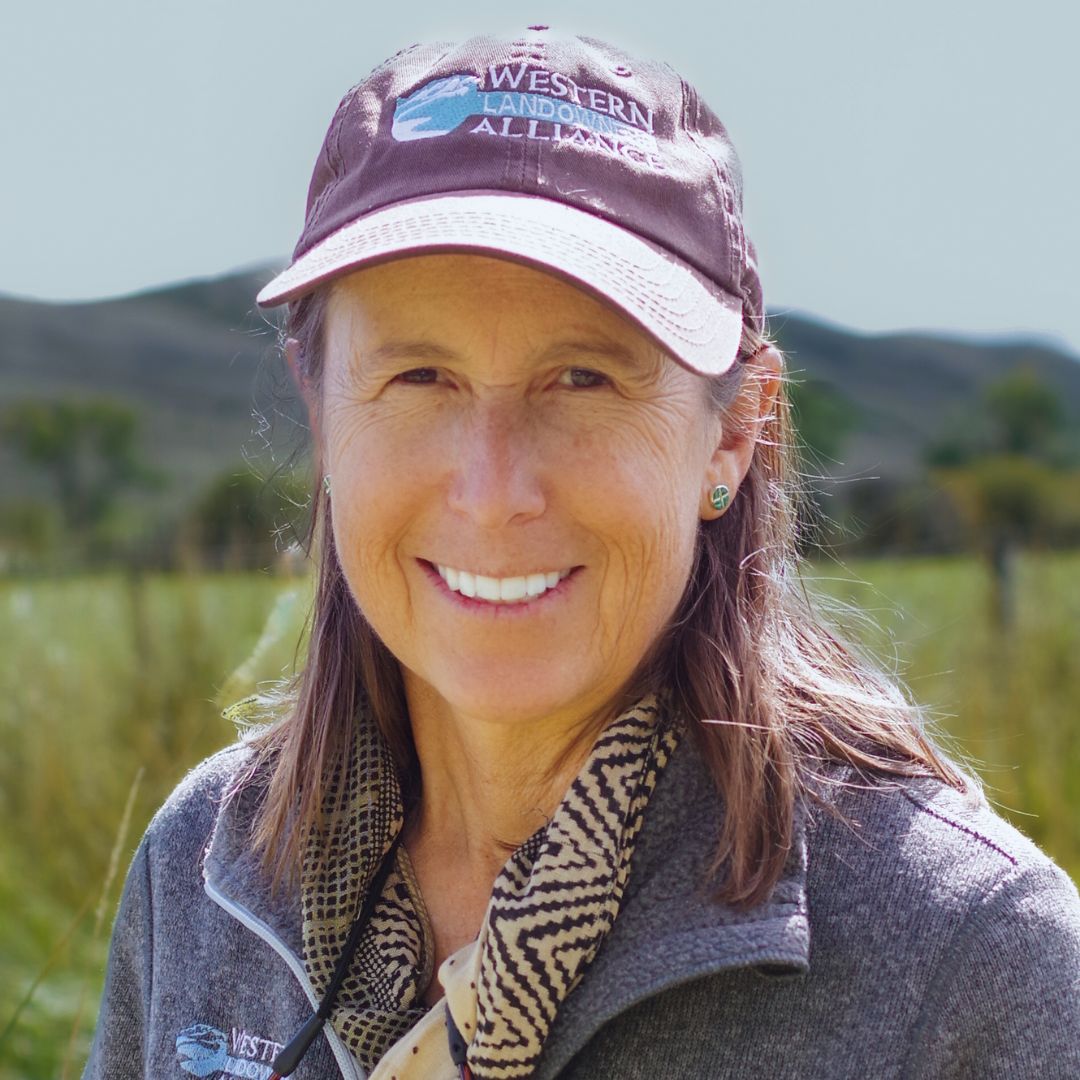
Panelist:
Lesli Allison, Founding Member and Chief Executive, Western Landowners Alliance
Lesli, founding member and chief executive of the Western Landowners Alliance, was also a founding member of the Chama Peak Land Alliance. For the past three decades, she has worked extensively with private landowners and multiple stakeholders to advance conservation, sustain working lands and support rural communities. Prior to Western Landowners Alliance, Lesli managed a large ranch in the southern San Juan Mountains of Colorado. During her 16-year tenure, she implemented progressive conservation management through award-winning programs in restoration forestry, prescribed fire, grazing, stream restoration, hunting and wildlife management, and scientific research and monitoring. Lesli holds a B.A. from Columbia University and an M.A. from St. John’s College, Santa Fe.
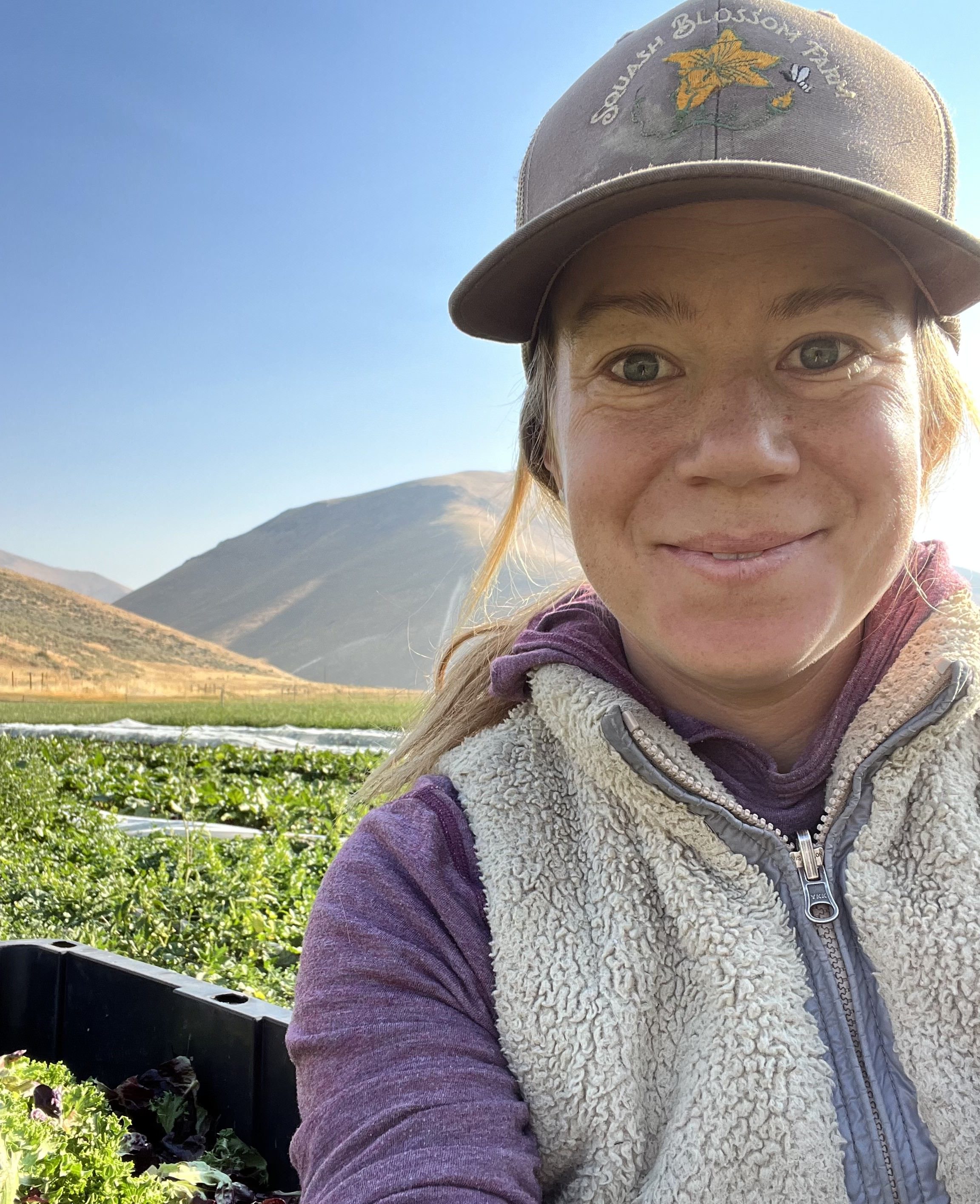
Panelist:
Sara Berman, Owner & Operator, Squash Blossom Farm, Bellevue, Idaho
Growing up in the Wood River Valley, Sara Berman would have more likely pictured herself as part of the ski or recreation industry than as a farmer. However, after traveling and volunteering on organic farms around the US and abroad during and after college, the vision to return to the Valley and produce food became an obsession. Sara and her future husband, Ed Zinader, purchased seven acres in Bellevue, Idaho, on Sara's 26th birthday in 2014, and spent the next few years creating the vision that is now Squash Blossom Farm. Today, Squash Blossom Farm prioritizes soil health and sustainable resource management in their mission to produce nutritionally dense and delicious vegetables for the Wood River Valley. Sara and Ed's produce is distributed through a 90 family CSA Program, and is available at Ketchum and Hailey Farmers Markets and in many of the Valley's favorite grocery stores and restaurants. Sara and Ed strive to build healthy and balanced soils through large and small scale rotations that include cover cropping and grazing of their flock of 40 Gotland sheep. There is nothing that makes Sara more proud than seeing her friends, family, former teachers, neighbors, and more, enjoy the food that she and Ed have grown with intention and care.
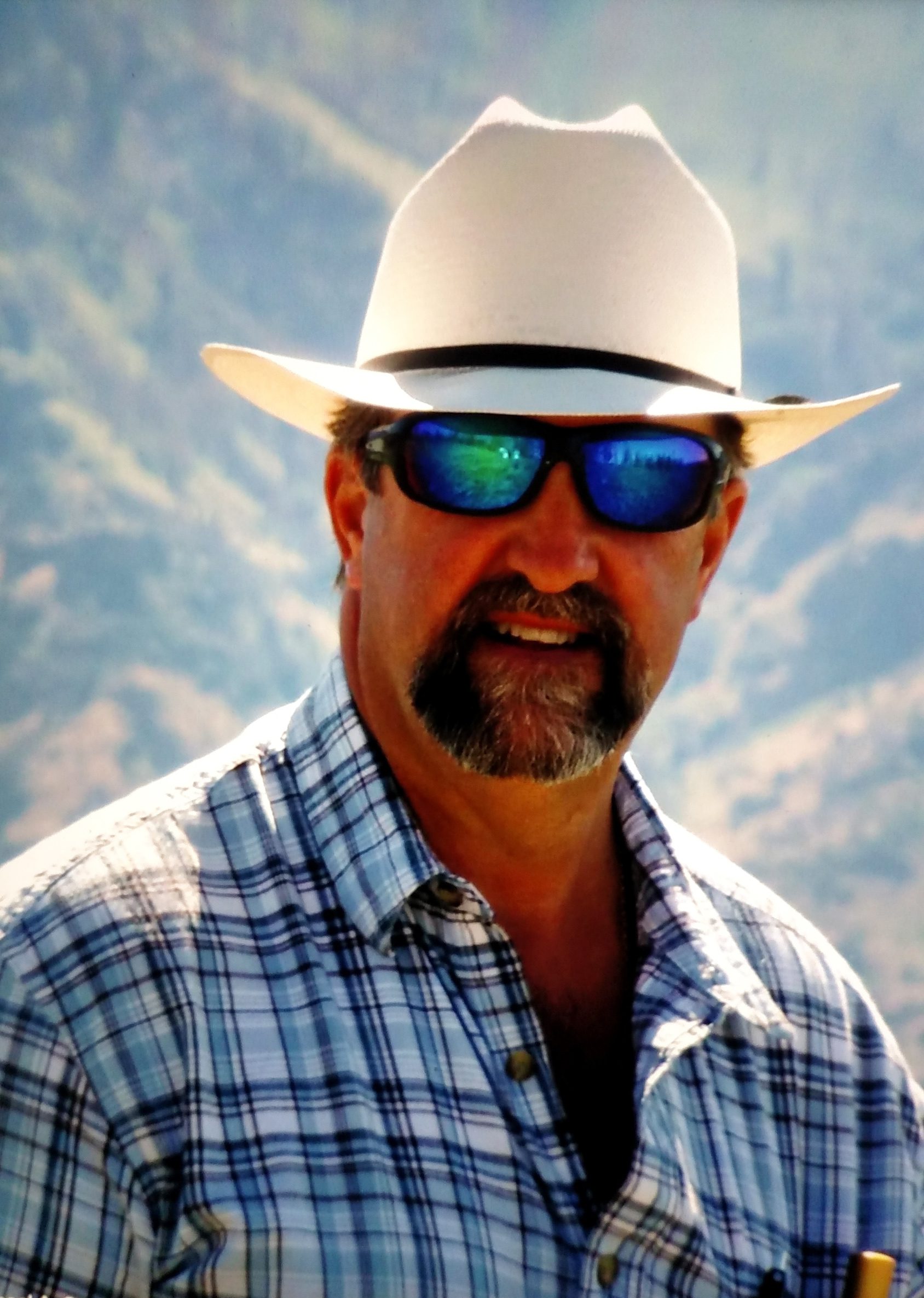
Panelist:
Mike Guerry, President, Guerry, Inc.
Mike Guerry is President of Guerry, Inc., a family-owned ranching operation running sheep and cattle on the Jarbidge Resource Area of the Bureau of Land Management, the Humboldt/Toiyabe National Forest, State of Idaho, and private lands. The operation now spans three generations, and 112 years of involvement with livestock in the Castleford and Three Creek, Idaho, area. Mike attended Carroll College, the University of Idaho and Boise State University, acquiring his BA in Accounting from Boise State in 1978. Mike came back to the operation full time in 1980, after working for Kafoury-Armstrong & Co., an accounting firm in Elko, Nevada. His bio includes his time as a former Certified Public Accountant, football coach, Secretary and Treasurer of the National Public Lands Council, President of the Idaho Wool Growers Association, Board member for the Idaho Cattle Association, Chairman of the Idaho State FSA Committee, as well as the current Chairman of the Three Creek Rangeland Protection Association and a Board member for the Southern Idaho Livestock Hall of Fame. He and his wife Vicki together have four children (three daughters and one son), three sons-in-law, and seven grandchildren.

Panelist:
Hailey Wilmer, Research Rangeland Management Specialist at the USDA-ARS Range Sheep Production Efficiency Research Unit
Hailey is a Research Rangeland Management Specialist at the USDA-ARS Range Sheep Production Efficiency Research Unit in Dubois, Idaho. Originally from southwest, Montana, Hailey is a former high school agriculture teacher and completed her MS and PhD in rangeland ecosystem science at Colorado State University in 2016. Prior to joining the US Sheep Experiment Station staff in 2021, Hailey worked at the USDA-ARS in Fort Collins and as a social scientist with the US Forest Service in Juneau. Her current research questions include: What are the long-term effects of grazing, climate, and other disturbances on high elevation rangeland plant communities? How can researchers and managers work together to conduct useful and useable science? How do ranchers and managers make sense of the complex systems they manage? Can mainstream science integrate local knowledge to support ranching livelihoods, biodiversity, and food production? Hailey can be reached at: Hailey.Wilmer@usda.gov

